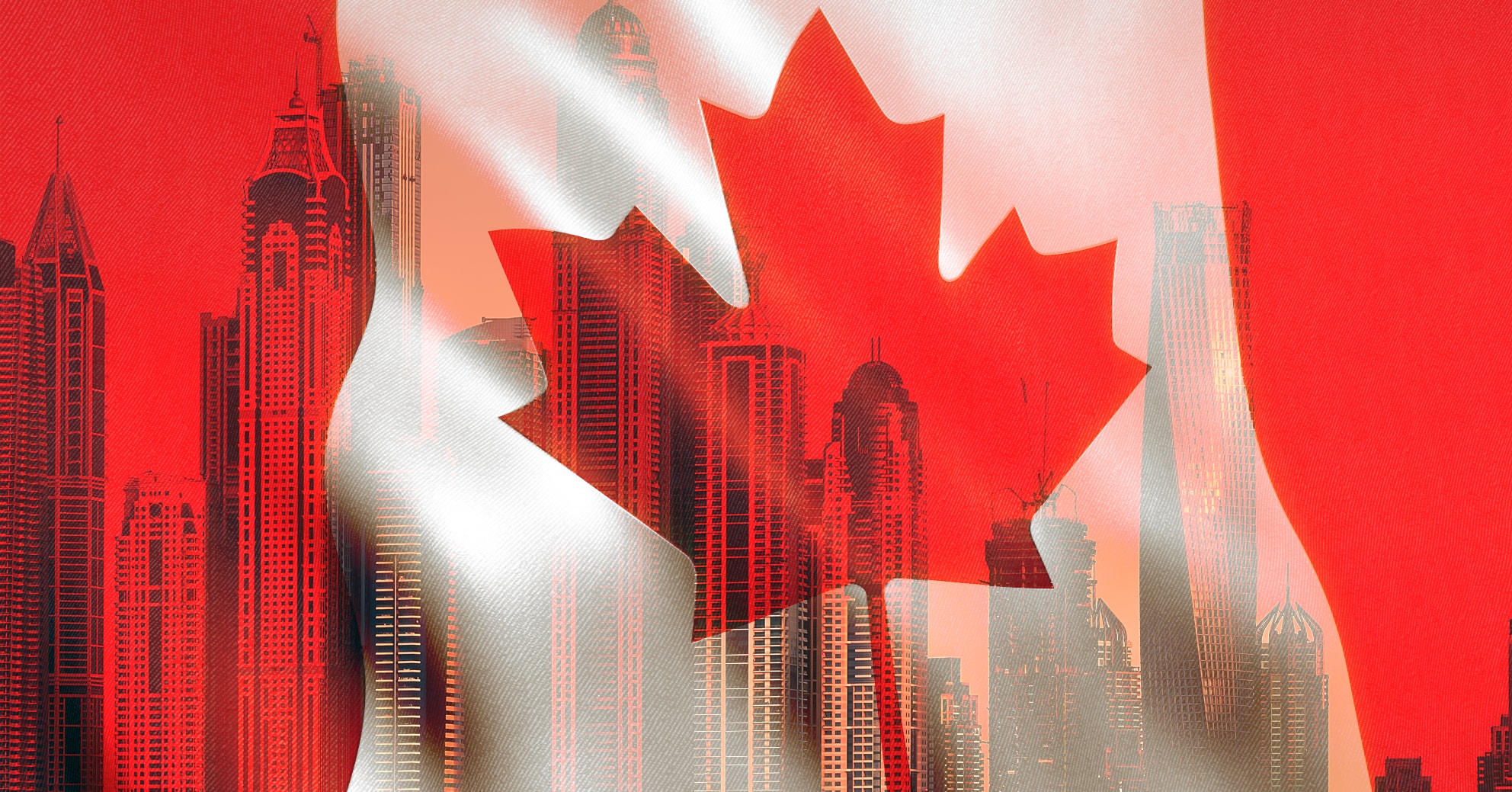
Posted on: 8th November 2017 in Expats
Around 45,000 Canadians are estimated to be living in the UAE. Here are 5 potential tax and visa considerations you need to get on top of – especially if you are a dual-passport holder:
Canada has had a Double Taxation Agreement (DTA) with the UAE since 2002, and its basic details can be viewed here. As with other DTAs that Canada has with partner countries, this simply means that the citizen living and taxed in that host country won’t get hit again for the same earnings back home. But, as with the DTA between UAE and South Africa, where the Emirates is technically zero-tax on income, there’s no danger of this double-blow. Canada therefore has at its discretion as to apply tax to such worldwide earnings. But this is only if you’re considered still ‘resident’. Though you live in Jumeirah, say, you indeed are still considered a Canadian resident for tax purposes based on your links back to the Old Country. Examples of such links include if you own a property, have a bank account, have healthcare policies and registration, or if you are a member of a society or group. So, having links boils down to either owning a substantial asset back in Canada or continuing to being a part of day-to-day operations there.
The key institution here is the Canadian Revenue Agency (CRA). It’s the CRA that determines your status, so you’ll need to make contact, state your intentions and formally apply for non-residency by submitting the required form. There are a few considerations, however:
The right answer for this may relate to both your quest for non-residency as well as to where you lived in Canada before moving. Maintaining your health policy may aid your application for non-residency, but not necessarily: it could be irrelevant on that score. So don’t take this as a definitive answer. However, it might be hitting you in the pocket to pay for coverage when you only visit the country once a year and have adequate health insurance in UAE. The coverage of your specific province might be relevant here. The public-sector Medical Services Plan (MSP) in British Colombia, for example, requires monthly premiums, sending an invoice for each month upcoming. If you make regular trips even year to Canada, it could be argued that access to local healthcare would be logistically useful if you fall ill on such trips. But as a UAE resident, it’s best to assess your current healthcare provisions on the ground here. Check your companies group health policies. If it’s what you might consider ‘basic’ coverage – if you are covered for little more than the common cold, and your designated hospital is rather out of the way – it’s worth collaring a Holborn Assets adviser and getting them to talk through the health insurance options and service providers here.
Again, there’s no set answer to this. If you declare yourself non-resident and it is accepted, you cannot continue to contribute to Tax Free Savings Accounts – the programme that started in 2009 to allow tax-efficient savings from underlying investments. It’s the same scenario for Registered Retirement Savings Plans, the savings and investment account product. The question you should now ask yourself becomes: what am I doing on a regular basis to save as I earn, and how can I get your money working hard for you in a balanced portfolio, replacing the pension-type products from back home? This is one of Holborn Assets specialisms: matching the savings requirement to your mid- and long-term targets and risk appetite.
Full Canadian citizens have the support of all its consulates internationally. However, in 2014 there was a proposal in the Canadian government that people who choose not to use their passport when travelling should be restricted from certain services (or, for example, if they’re non-tax payers or non-resident) David Mulroney, former Canadian ambassador to China between 2009-2012, supported the proposal at the time on his Twitter account: “limiting consular services for expat Cdns whose links to Canada are tenuous is fair, smart, inevitable,” he wrote. Last year, immigration minister John McCallum had to reassure Chinese-Canadian citizens travelling into the mainland from Hong Kong that they were entitled to consular services even if they were forced to enter using their Chinese passport.
We have 18 offices across the globe and we manage over $2billion for our 20,000+ clients
Get started
Digital Assets: From Fringe to Framework A Responsible View for Internationally Mobile Investors Executive Summary Digital assets have moved from the fringes of finance into mainstream discussion. The arrival of...
Read more
Across the global expatriate market, one product category is showing unprecedented momentum in 2025: Indexed Universal Life (IUL). As client expectations move toward solutions that combine long-term protection, tax-efficient wealth...
Read more
Chancellor Rachel Reeves delivered her second Autumn Budget in dramatic circumstances, after the Office for Budget Responsibility (OBR) accidentally released its full economic outlook online 45 minutes before her speech....
Read more
In today’s world, much of our lives are lived online. From email accounts and social media profiles to digital wallets and online businesses, we’re building a digital legacy—often without realising...
Read more